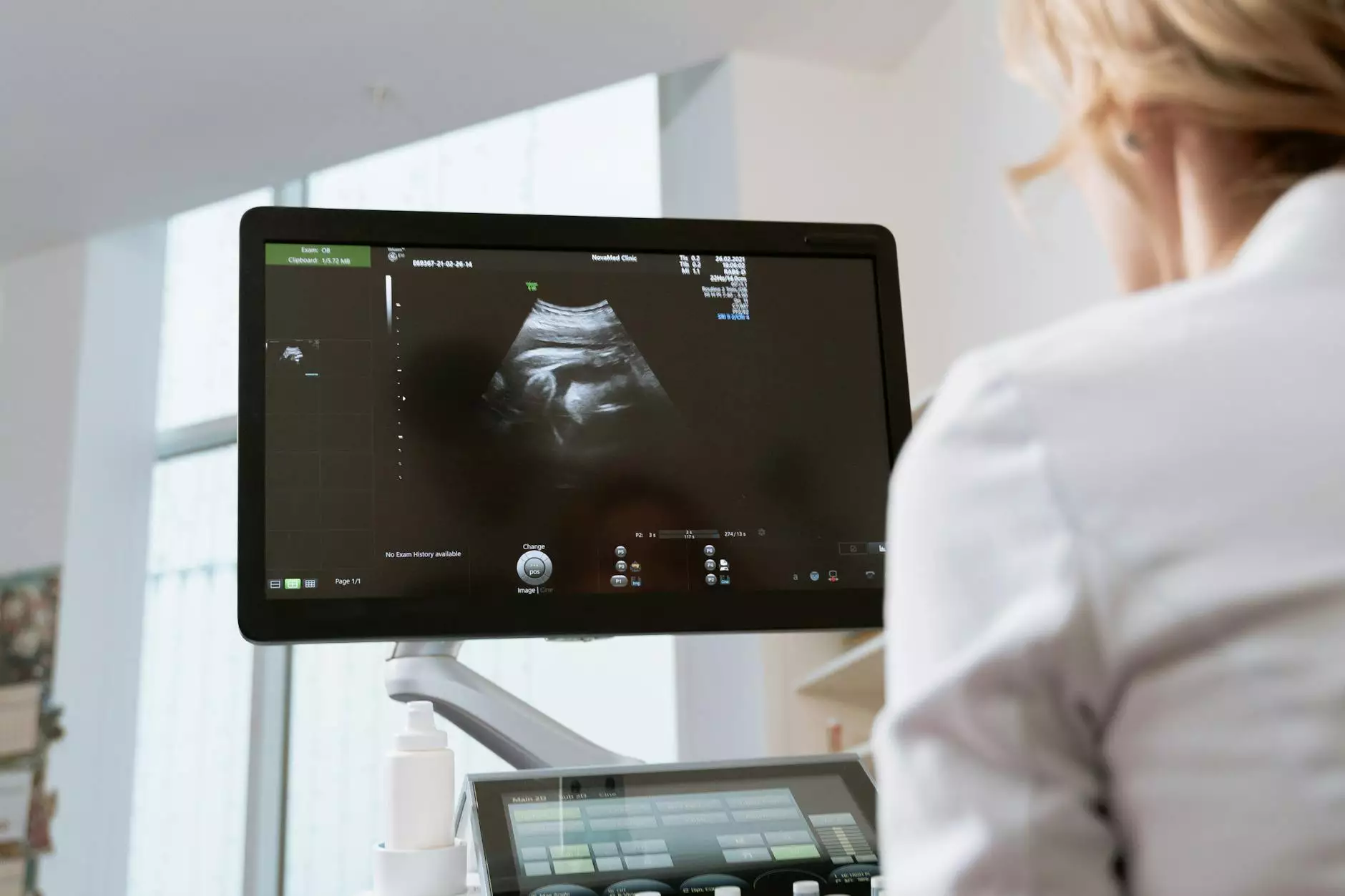Parkinson's Disease

Understanding Parkinson's Disease
Parkinson's Disease is a neurodegenerative disorder that primarily affects the motor system. It is characterized by a progressive loss of dopamine-producing cells in the brain, leading to various symptoms such as tremors, stiffness, and difficulty with movement.
Causes and Risk Factors
The exact cause of Parkinson's Disease is still unknown, but researchers believe that a combination of genetic and environmental factors may contribute to its development. Some of the possible risk factors include:
- Age: The risk of developing Parkinson's Disease increases with age, commonly affecting individuals over the age of 60.
- Genetics: Certain genetic mutations have been linked to an increased risk of Parkinson's Disease.
- Environmental Factors: Exposure to certain toxins and chemicals may increase the risk of developing the disease.
Symptoms and Diagnosis
The symptoms of Parkinson's Disease can vary from person to person, but commonly include:
- Tremors: Involuntary shaking of the hands, arms, legs, or other body parts.
- Bradykinesia: Slowness of movement, making everyday tasks more challenging.
- Rigidity: Stiffness and resistance in the muscles, leading to decreased mobility.
- Postural Instability: Difficulty maintaining balance and coordination.
Diagnosing Parkinson's Disease involves a comprehensive medical evaluation, which may include physical exams, neurological tests, and imaging studies to rule out other conditions. It is essential to consult with a healthcare professional for an accurate diagnosis.
Treatment and Management
While there is currently no cure for Parkinson's Disease, there are several treatment options available to manage its symptoms and improve the quality of life for individuals living with the condition. Some of the common approaches include:
- Medications: Certain drugs can help control the symptoms and manage the levels of dopamine in the brain.
- Physical Therapy: Engaging in regular exercise and physical therapy can improve flexibility, balance, and overall mobility.
- Speech Therapy: Speech and language therapy can help address difficulties in speech and swallowing that may arise with Parkinson's Disease.
- Surgical Interventions: In some cases, deep brain stimulation (DBS) may be recommended to manage symptoms that do not respond well to medication.
Managing Parkinson's with PrimdeVie
At PrimdeVie, we understand the challenges faced by individuals living with Parkinson's Disease and aim to provide comprehensive support. Our range of products is carefully designed to cater to the specific needs of Parkinson's patients.
Product 1 - XYZ
Our flagship product, XYZ, offers state-of-the-art tremor reduction technology, allowing individuals to regain control of their movements and minimize the impact of tremors on their daily lives.
Product 2 - ABC
ABC is a specialized mobility aid designed to improve mobility and flexibility for individuals with Parkinson's Disease. Its unique features provide enhanced stability and support, empowering users to maintain an active lifestyle.
Additional Resources
At PrimdeVie, we believe in empowering individuals with Parkinson's Disease to live their lives to the fullest. In addition to our range of products, we provide a wealth of resources and educational materials to support self-care and management of the condition.
Our online community forums offer a platform for individuals to connect, share experiences, and find solace in a supportive community. We also regularly update our blog with informative articles, research updates, and lifestyle tips to help individuals navigate their journey with Parkinson's Disease.
Contact Us
If you have any questions, need assistance, or would like to learn more about our products and resources for Parkinson's Disease, please don't hesitate to reach out to our knowledgeable team. We are here to support you every step of the way.
Call us at 123-456-7890 or email us at [email protected].




